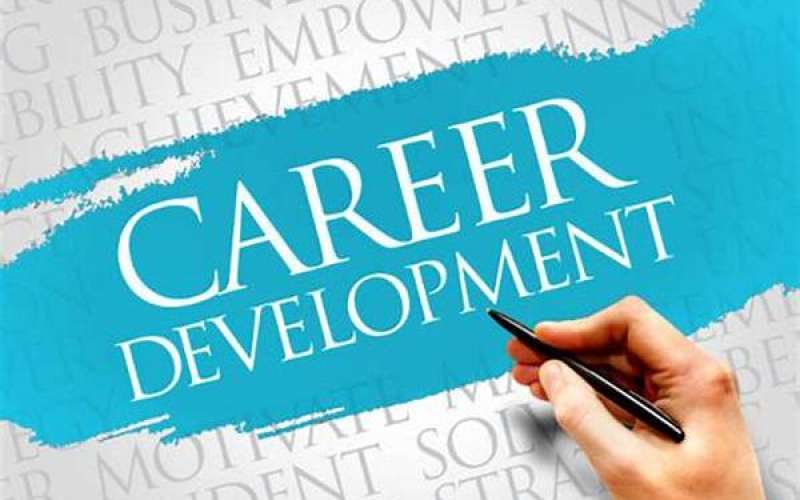A Guide to Career Development

In today's fast-paced world, career development is essential for building a successful and fulfilling professional life.
What is Career Development?
Career development is the continuous process of managing and advancing your career over time. It involves setting career goals, acquiring new skills, gaining experience, and finding ways to navigate changes in the job market. It's about aligning your career path with your personal and professional growth, ensuring that you remain competitive and satisfied with your work.
Why is Career Development Important?
- Increased Opportunities: As industries evolve, so do the skill sets required to succeed. Regularly developing your skills helps you stay relevant in your field, opening doors to promotions, job offers, and new roles.
- Job Satisfaction: Career development often involves exploring different aspects of your field. By identifying your interests and strengths, you can pursue roles that align with your passions, resulting in higher job satisfaction.
- Long-term Success: Investing in career development enables you to plan strategically for the future. It helps you set clear goals and understand the steps needed to achieve long-term professional success.
- Adaptability: In today’s ever-changing job market, adaptability is key. Career development prepares you to handle changes, whether it’s technological advancements, new trends, or shifts in your industry.
Steps to Effective Career Development
- Self-Assessment: The first step in career development is knowing yourself. Identify your strengths, weaknesses, interests, and values. This will help you understand what roles and industries suit you best.
- Set SMART Goals: SMART stands for Specific, Measurable, Achievable, Relevant, and Time-bound. Setting clear, realistic goals will give you a roadmap to follow as you work on your career.
- Build Your Skills: Whether through formal education, online courses, or hands-on experience, continuously improving your skills is essential for career advancement. Be open to learning new things and expanding your expertise.
- Network: Building a strong professional network is a critical part of career development. Attend industry events, connect with peers, and seek out mentors who can provide guidance and support.
- Seek Feedback: Constructive feedback is invaluable for growth. Regularly seek input from colleagues, supervisors, or mentors on your performance. This will help you identify areas for improvement and track your progress.
- Take Initiative: Be proactive in your career development. Volunteer for challenging projects, take on leadership roles, and look for ways to improve processes in your organization. Initiative and leadership are key traits employers value.
- Stay Current: Keep up with trends in your industry by reading relevant news, joining professional organizations, and attending workshops or conferences. Being knowledgeable about the latest developments will make you stand out.
Overcoming Career Development Challenges
Career development can be a rewarding journey, but it often comes with challenges such as balancing work and learning, finding time for networking, or navigating a career change. To overcome these, it’s important to stay organized, prioritize your goals, and seek support from mentors or career coaches.
Final Thoughts
Career development is a lifelong process that empowers you to take control of your professional destiny. By regularly evaluating your goals, enhancing your skills, and staying connected with industry trends, you can continuously grow and advance in your career. Remember, the key to success is persistence, dedication, and a willingness to learn and adapt. Your career is your most valuable asset—invest in it wisely!
- Share This Job



Write A Comment
No Comments